Ramadan is one of the most significant months in the Islamic calendar, observed by Muslims worldwide through fasting, prayer, and reflection. For non-Muslims living or traveling in Muslim-majority countries like Indonesia, understanding and respecting Ramadan traditions can help foster a sense of harmony and cultural appreciation.
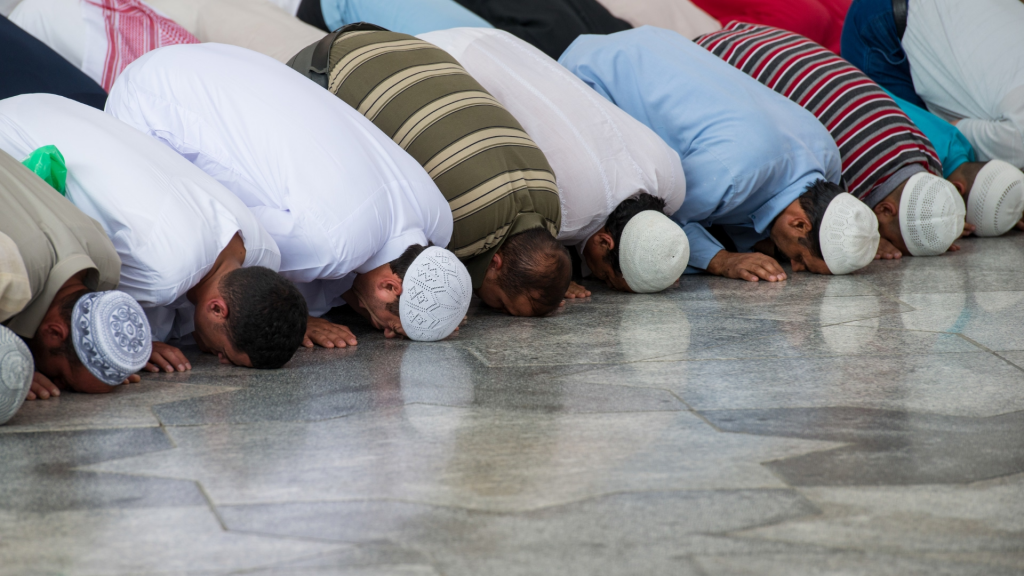
According to CNN Travel, being mindful of Ramadan customs as a non-Muslim is not only a sign of respect but also an opportunity to engage with local traditions in a meaningful way:
“Respecting Ramadan customs helps strengthen connections between communities, creating a more inclusive and welcoming environment.” (CNN Travel, Ramadan Etiquette Guide for Non-Muslims)
If you are an expat, traveler, or business professional living in Jakarta or other Muslim-majority regions, here are some important etiquette tips to keep in mind during Ramadan.

- Be Mindful When Eating and Drinking in Public
One of the key aspects of Ramadan is fasting from sunrise to sunset, meaning Muslims refrain from eating, drinking, and smoking during daylight hours. While non-Muslims are not required to fast, it is considered courteous to avoid eating, drinking, or smoking openly in public places.
📌 What You Can Do:
✔ If you’re dining in a mixed group, ask your Muslim friends or colleagues if they are comfortable with you eating in front of them.
✔ Many restaurants and cafes remain open during the day but may have designated areas for non-fasting customers—use these spaces if available.
✔ Be discreet when drinking water or snacking in public places.
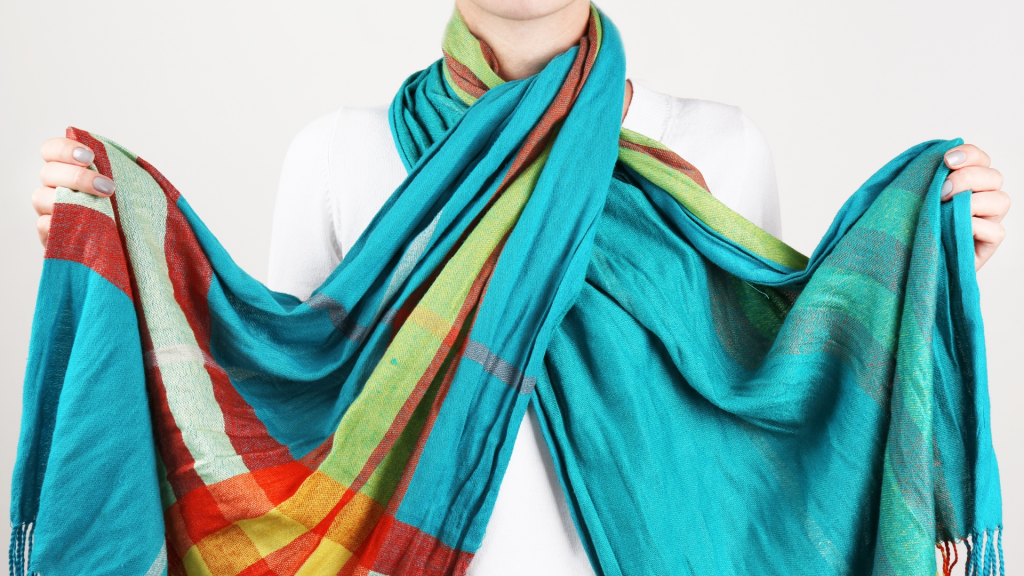
- Dress Modestly in Public Spaces
Ramadan is a time of spiritual reflection and modesty, so dressing conservatively is appreciated, especially in business settings, religious sites, and public places.
📌 What You Can Do:
✔ Men and women should opt for clothing that covers shoulders and knees.
✔ If visiting religious sites, consider wearing loose-fitting clothes and carrying a scarf or shawl.
✔ In more liberal areas like Bali, dress codes may be more relaxed, but in Jakarta and other major cities, modest attire is still encouraged.
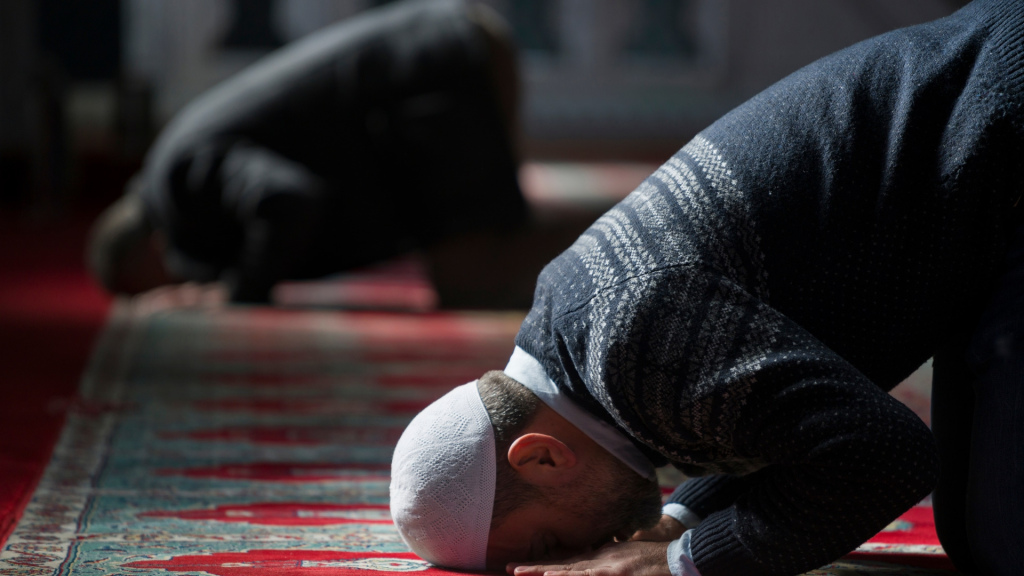
- Respect Prayer Times and Religious Observances
Muslims pray five times a day, and during Ramadan, many people also attend additional evening prayers at mosques or at home. You may notice that business hours shift slightly to accommodate prayer and fasting schedules.
📌 What You Can Do:
✔ Be mindful of prayer times when scheduling meetings or social events.
✔ If you hear the Adhan (call to prayer), pause any loud conversations or music as a sign of respect.
✔ Avoid scheduling work-related gatherings too close to Iftar (the breaking of the fast), as many people will be preparing to eat after a long day of fasting.

- Keep Noise Levels Down, Especially in the Evenings
Ramadan is a sacred and peaceful time, and many people spend their evenings in prayer or quiet reflection.
📌 What You Can Do:
✔ Avoid playing loud music in public places or residential areas, especially near mosques.
✔ If hosting an event, check if your Muslim friends or neighbors are comfortable with the timing and volume of music.
✔ Be mindful in restaurants, cafes, and public transport, as some people may be conserving their energy while fasting.
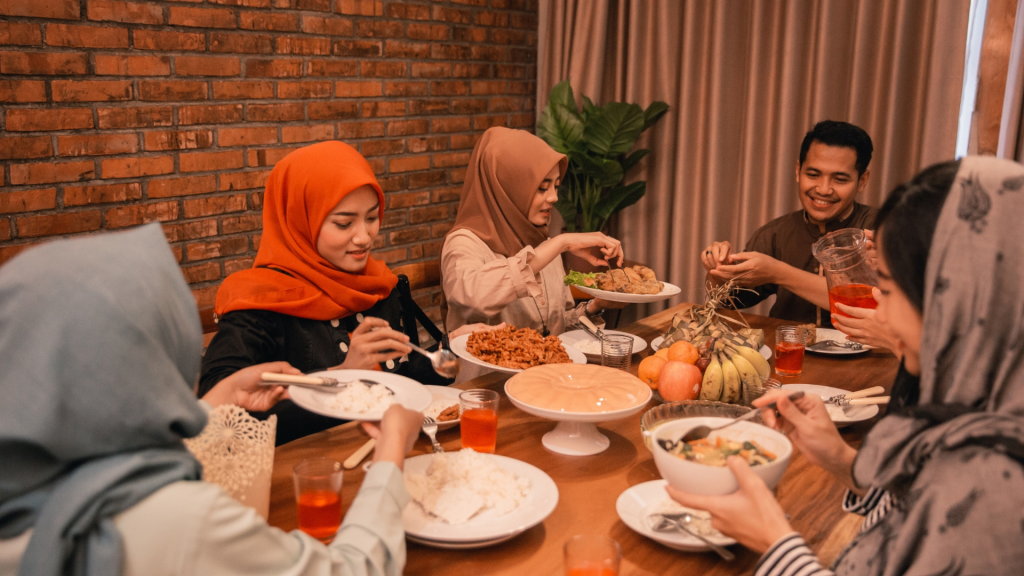
- Join the Spirit of Ramadan by Offering Greetings
A simple yet meaningful way to show respect during Ramadan is by greeting your Muslim friends, neighbors, or colleagues with appropriate phrases.
📌 Common Ramadan Greetings:
✔ “Ramadan Mubarak” – “Blessed Ramadan”
✔ “Ramadan Kareem” – “Generous Ramadan”
These phrases acknowledge the significance of the month and are warmly received by the local Muslim community.

- Be Understanding and Patient
Fasting from dawn to dusk can be physically and mentally challenging, especially during hot weather or long work hours. Some people may feel tired, less energetic, or slightly irritable by the end of the day.
📌 What You Can Do:
✔ Show understanding if colleagues or employees need to adjust their work pace.
✔ Be flexible with deadlines and workloads where possible.
✔ Avoid making jokes about fasting or asking why someone is fasting—it is a deeply personal and religious commitment.
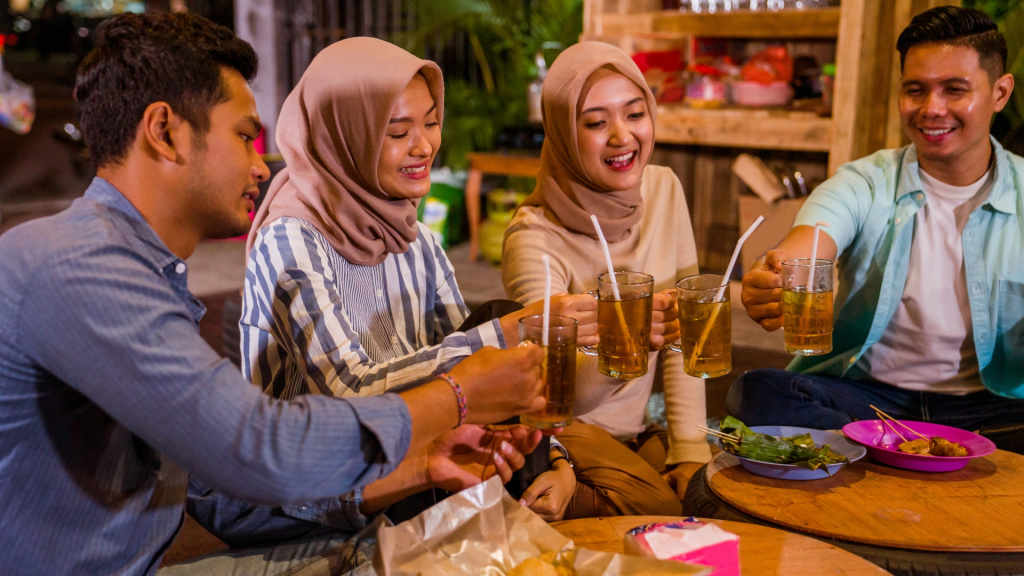
- Experience Iftar and Suhoor Traditions
One of the most special moments of Ramadan is Iftar (breaking the fast at sunset) and Suhoor (the pre-dawn meal before fasting begins again). Many restaurants, hotels, and local communities host Iftar gatherings, offering a chance to experience the culture firsthand.
📌 What You Can Do:
✔ If invited to an Iftar meal, accept the invitation—it’s a great way to bond with the community.
✔ Be punctual—Iftar starts exactly at Maghrib (sunset), and food is usually served immediately.
✔ If you’re interested in trying traditional Ramadan dishes, Jakarta offers plenty of Ramadan food bazaars where you can explore local delicacies.
Final Thoughts: Embracing the Spirit of Ramadan with Respect
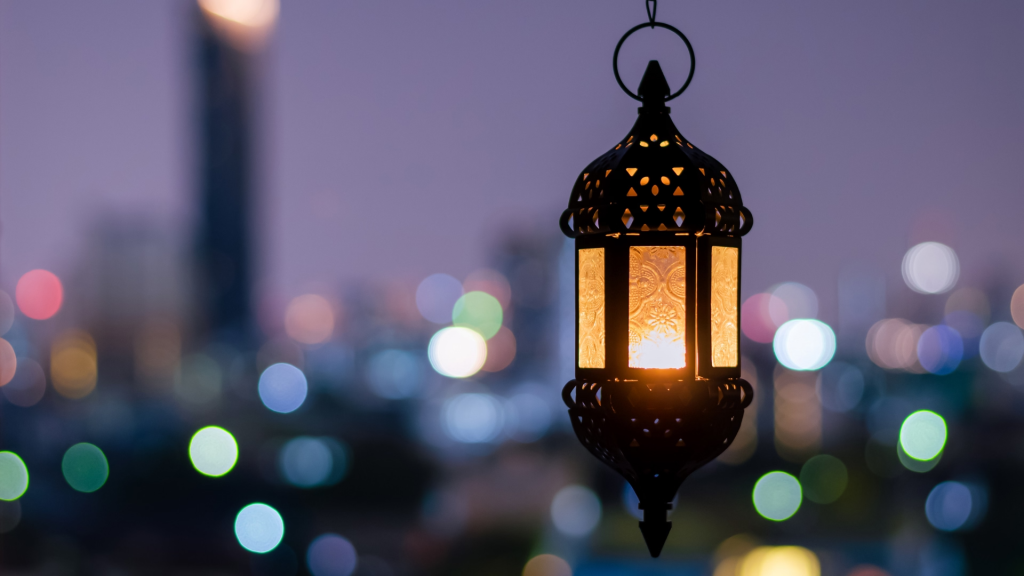
For non-Muslims living in or visiting Jakarta, Bali, or other parts of Indonesia, Ramadan presents an opportunity to experience a beautiful cultural tradition. By understanding and respecting local customs—whether it’s being mindful of fasting hours, dressing modestly, or simply greeting others with “Ramadan Mubarak”—you can foster deeper connections with the local community.
At Noble Properties Asia, we celebrate the diverse cultural traditions that make Indonesia unique. Whether you’re an expat settling in Jakarta or a traveler exploring during Ramadan, embracing these customs will enrich your experience in this beautiful country.
For more expat guides, lifestyle tips, and property insights, visit Noble Properties Asia.
Source:
- CNN Travel. “Ramadan Etiquette Guide for Non-Muslims.” Available at: https://edition.cnn.com/travel/ramadan-etiquette-guide-non-muslims/index.html



